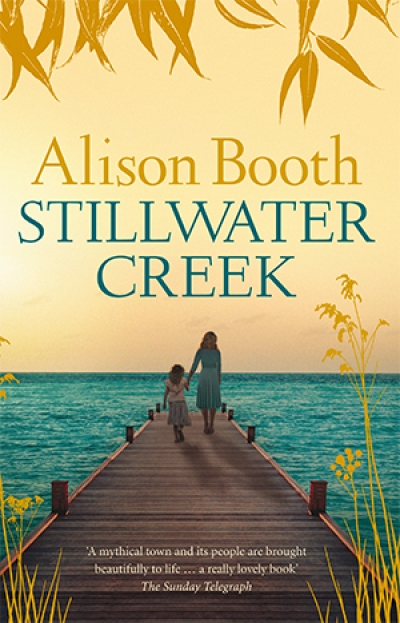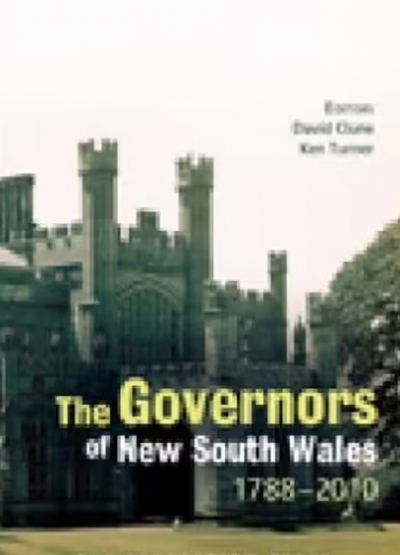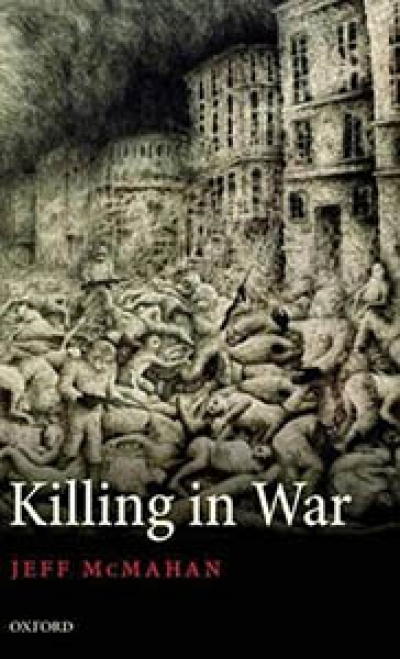Archive
Boyer Lectures: A very Australian conversation by Peter Cosgrove
by Patrick Allington •
Wait. Sometimes the waiting seems interminable
But that is the trick with water. The dark
Gathers up your apprehension and you seek ...
The Governors of New South Wales 1788–2010 edited by David Clune and Ken Turner
by Nicholas Brown •
Southerly, Vol. 69, No. 2: Southerly At Seventy edited by David Brooks and Elizabeth McMahon
by Jeffrey Poacher •
Just the slightest movement of the curtain as she stands by the window. Just a touch. That’s how she brings the light in, Jacqui does. Just before dawn, with only the smallest movement of her finger, and in comes the light. I see it reach the Golden Cane Palm, highlighting the larger fronds, their dark becoming green. Jacqui looks at those fronds, as I do, while the light begins to fill the room. She turns her head to me as if in a studied pose, rehearsed.
... (read more)






